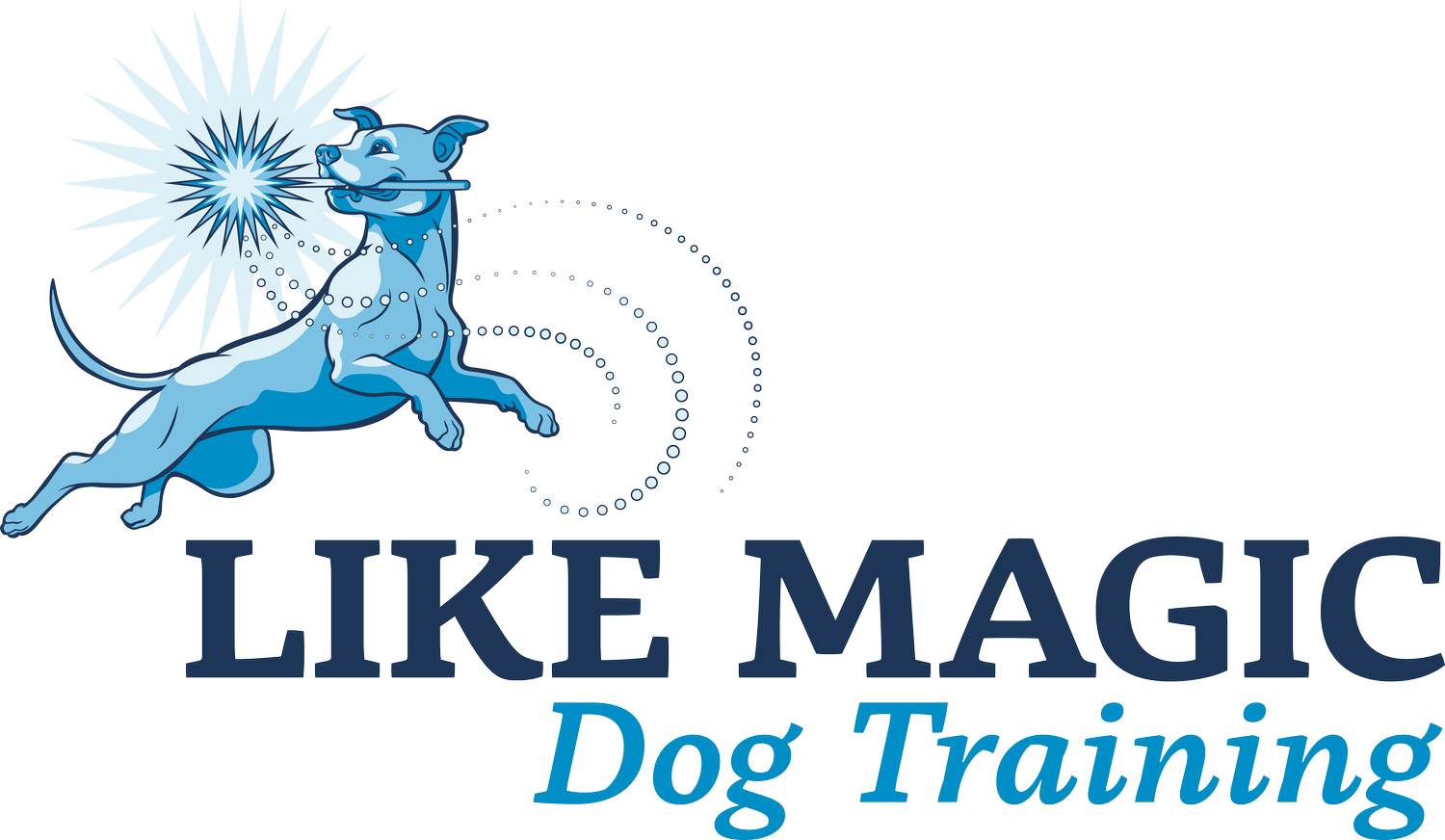Here’s a fun fact about me. I HATE uncertainty. Hate it. I used to feel legitimate anxiety about being asked to “guess” anything - even as simple as “guess which person in this picture is me” or “guess what we’re doing later?” Even where there are literally no stakes to the question, part of me rebels against answering a question I am not sure of.
“Guess which dog is really the American Pit Bull Terrier” and other such quizzes are the BANE OF MY EXISTENCE
Which makes a pandemic fun, can I tell you. I don’t mind saying “I don’t know,” at all - I don’t know just means that I can go and find out and learn more, and I love an opportunity to learn more, almost as much as I hate guessing. But right now, there’s nothing to learn, not really. I mean there’s a lot to learn, of course, but none of it is going to give you an answer because no one knows the answer. No one has the answer to when businesses are truly safe to open up, when my kids can see their friends again, when school and daycare and camps might start, when - or if - life returns to anything like the life we knew. We are, all of us, just guessing.
So when I am asked about training a dog “How long will this take?” or “How many sessions?” or “When should I expect my dog to do X Y Z…?” I feel that familiar tense in my shoulders. Because, while most folks don’t want to hear me, the trainer, respond to that question with “I don’t know”…guessing feels unfair. And that’s what any answer would be. There are so many factors that play into the answer to the question “When will my dog be trained?”
I want to give each category the attention that it deserves. This week I’m going to focus on the dog - their age, their abilities, and their temperaments.
The Age, Temperament, and Ability of the Dog
”Train the dog in front of you” is a maxim for a reason - everything first and foremost rests on the dog. Not the breed, not the dog you want to have, not the dog that they can be - the dog in front of you, right now. Even within this, so many things are factoring into how long it may take a dog to learn a behavior.
Their age matters - puppies are quick, but tire easily and aren’t as physically capable as they will become. Adolescents are balls of energy and struggle to focus on certain tasks, especially if they’re feeling antsy. And adult dogs may be physically mature and capable, but they’ve also been practicing their current habits for years.
Breed and temperament factors in as well. Genetics plays a huge role in skill, talent and capability - and a dog that is bred to be handler focused and responsive is likely going to catch on to training more quickly than a breed intended to be independent and aloof. A beagle will be hard-pressed to give you his full attention when there’s a scent on the ground, as much as a lab will want to trudge into any puddle, no matter how small. These are not insurmountable training goals, but the struggles will be different.
The individual dog will also have their own temperament - fear and anxiety makes learning much more difficult, and the focus changes then from teaching a behavior to helping the dog feel safe. Dogs, like humans, aren’t going to be able to understand and apply learned behaviors - especially complex ones - when they feel uncertain and unsafe. Helping a reactive or fearful dog feel comfortable enough to learn behaviors can be a challenging journey, and takes time in and of itself. The individual dog’s readiness and capacity to learn matters a great deal.
What also matters is their interest in learning. This can certainly be built up over time by pairing training with reinforcement - training the dog that training, itself, is reinforcing, but to do that you first need to have a solid understanding of what is reinforcing to the dog, if not work, and then the dog must build endurance for training, and for that type of training. A dog, especially a puppy, who is not used to a training class, may struggle to focus for the full hour. Or a dog used to training may find a new topic “less interesting” - I have talked in earlier posts about my own dog’s apparent disinterest in trick training. The behaviors practiced may be difficult, uncomfortable (especially if new positions are involved), or just not terribly interesting for the dog. Building endurance for training sessions may delay learning behavior, especially if the dog is being over-extended in what they are being asked to do.
As it turns out while writing this, I have a lot to say about these factors! Next week I’ll be looking at the world the dog find themselves in - the environmental factors that play into how quickly training progresses.





